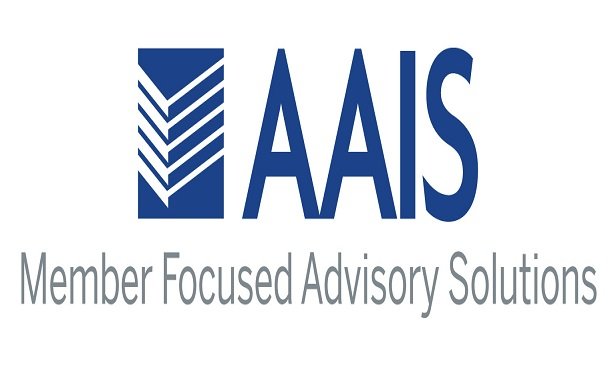The Federal Reserve appears to be reiterating that it will use“bank-centric” standards opposed by the insurance industry inregulating insurance companies that operate thrifts—although someindustry trade groups are disputing that interpretation.
|Fed chairman Ben Bernanke said the Fed must use bank-centricstandards “to meet the legal requirement” imposed by the Dodd-Frankfinancial-services reforms, which directs the Fed to applyconsolidated capital requirements to savings and loan holdingcompanies.
|Bernanke's views were made in a letter sent to 24 senators Feb.6.
|In an investor's note, Ryan Schoen, et al, at WashingtonAnalysis, said the letter “bolsters our view” that large insurerswill find it prudent to exit savings and loan holding companystatus to avoid strict Basel III capital rules.
|Schoen interpreted Bernanke's letter as saying that Sec. 171“explicitly requires that the Fed subject savings and loan holdingcompanies—the current structure of many large insurers—to minimumleverage and risk-based capital rules.
|Bernanke included this in the letter despite concerns voiced byboth members of the House and Senate that thrifts owned byinsurance companies should have their consolidated regulationstructured to recognize that their non-thrift-operatingsubsidiaries are subject to oversight through statutory-accountingprinciples, and not Generally Accepted Accounting Principles, whichgovern bank-accounting standards.
|This point was made through congressional testimony by both lifeand property and casualty insurers, including TIAA-CREF and StateFarm, and through numerous comment letters to the Fed, as stated byBernanke in his letter.
|Schoen added, “While the Fed acknowledged these concerns, itpointed to its requirement under Dodd-Frank to developconsolidated-capital requirements at the holding-companylevel….”
|But Dave Snyder and Jim Olsen, vice presidents at the PropertyCasualty Insurers Association of America, argue that language atthe bottom of Bernanke's letter states that the concerns voiced bythe insurance industry and members of Congress will be taken intoaccount when the Fed imposes the standards.
|In these paragraphs, Bernanke says the Fed board “recognizesthat these are serious concerns and will carefully consider all ofthe concerns raised in these comments and your letter over thecourse of the rulemaking.”
|In their reaction to the letter, Snyder and Olsen said PCIappreciates “the board's recognition that there are significantdifferences between the business models of depository institutionsand insurance companies and the commitment to seriously considerthese issues.”
|Snyder and Olsen added, “We believe the consolidatedregulatory-capital requirements for SLHCs [savings and loan holdingcompanies] that are predominantly property casualty insurers shouldtake into consideration their current regulatory-capitalrequirements, which are appropriate for the business of writingproperty casualty insurance.”
|Jimi Grande, senior vice president of federal and politicalaffairs for the National Association of Mutual Insurance Companies,gave a different interpretation of the letter than PCI, one moreconsistent with that of Schoen.
|Grande said, “We appreciate Chairman Bernanke recognizing theconcerns raised by NAMIC and others regarding the potential forill-fitting bank-centric capital standards being applied toinsurance-focused savings and loan holding companies.
|“That acknowledgement doesn't mean much, however, if the FederalReserve intends to apply the same standards to all SLHCs regardlessof their focus. Although the chairman cites the Dodd-Frank Act inhis reasoning, the members of Congress who voted to pass the acthave been clear that they did not intend for insurance-relatedcompanies to be swept into banking regulations.”
Want to continue reading?
Become a Free PropertyCasualty360 Digital Reader
Your access to unlimited PropertyCasualty360 content isn’t changing.
Once you are an ALM digital member, you’ll receive:
- All PropertyCasualty360.com news coverage, best practices, and in-depth analysis.
- Educational webcasts, resources from industry leaders, and informative newsletters.
- Other award-winning websites including BenefitsPRO.com and ThinkAdvisor.com.
Already have an account? Sign In
© 2024 ALM Global, LLC, All Rights Reserved. Request academic re-use from www.copyright.com. All other uses, submit a request to [email protected]. For more information visit Asset & Logo Licensing.








